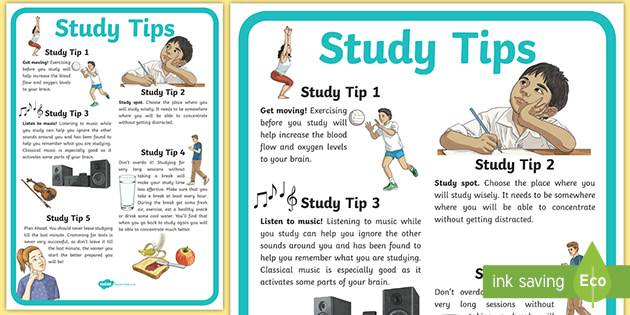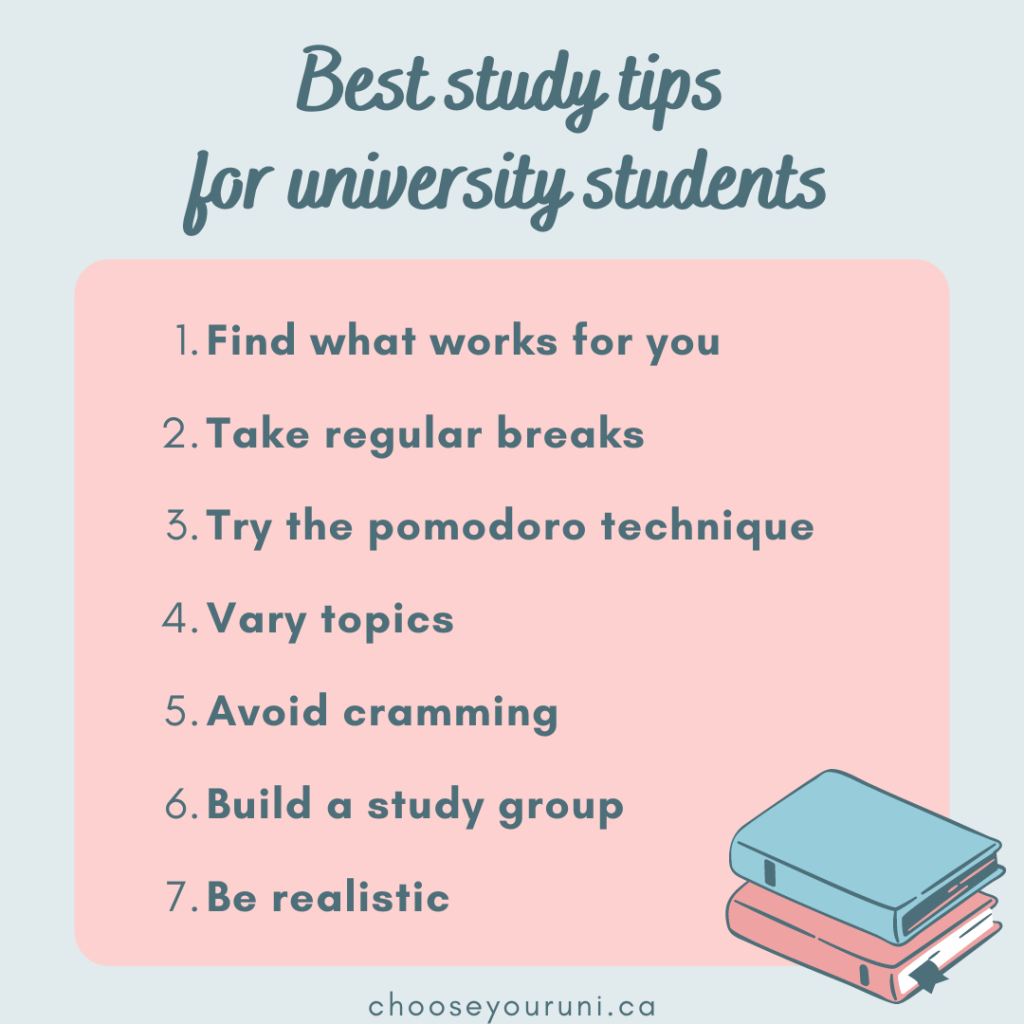Let me be honest—there was a time when my idea of studying was skimming a textbook the night before a test and hoping for the best. Sometimes it worked. Most times? Not so much. The stress was real, and the results were inconsistent.
But once I learned a few key study tips—and started applying them? Total game-changer. I stopped just “getting by” and started actually retaining information and feeling way more confident heading into exams.
So whether you’re in high school, college, or just trying to sharpen your skills, here are some study strategies that actually work.
1. Set a Realistic Study Schedule (And Stick to It)

This was a tough one for me to learn, but it’s the foundation of academic success.
Instead of studying for 5 hours straight the night before a test, break it down into shorter, focused sessions throughout the week. Use a calendar or planner to block time.
Try This:
-
Study in 25–30 minute blocks (Pomodoro Technique)
-
Take 5-minute breaks between sessions
-
Avoid marathon cramming—it leads to burnout and lower retention
Once I started scheduling study sessions like appointments (even setting phone alarms), I wasted less time thinking about studying and actually started doing it.
2. Create a Dedicated Study Space
Your environment matters more than you think.
If you’re trying to study on your bed with the TV on and your phone buzzing every five minutes… yeah, it’s not going to stick.
Tips for a productive study space:
-
Use a desk or table with minimal distractions
-
Keep supplies (notebooks, pens, chargers) within reach
-
Make it a “phone-free zone” during study blocks
I turned a corner of my room into a mini study station with a lamp, whiteboard, and all my books—and it made a huge difference in how focused I felt.
3. Use Active Learning, Not Passive Reading
This is a big one: reading your notes over and over isn’t studying. It’s reviewing—and it won’t help much if you’re not engaging your brain.
Try these active techniques:
-
Quiz yourself
-
Teach the material to someone else
-
Create flashcards or concept maps
-
Practice with past test questions
If I can explain a concept out loud without looking at my notes, I know I’ve really got it down. It’s one of my go-to tricks before exams.
4. Take Care of Your Brain (Seriously)
Your mind can’t function at full power if you’re running on three hours of sleep and chips for dinner.
Brain-boosting basics:
-
Get 7–9 hours of sleep (no all-nighters, please)
-
Stay hydrated
-
Take brain breaks—stretch, walk, or grab a snack
-
Fuel up with real food—think protein, fruits, and whole grains
I used to think powering through fatigue made me more “dedicated.” It didn’t. I retained way more once I actually rested.
5. Study With a Purpose
Don’t just “study.” Know what you’re trying to learn.
Before each session, write down:
-
What you’re reviewing (e.g., Chapter 3: Photosynthesis)
-
Why it matters (e.g., Test next Friday)
-
What success looks like (e.g., Can explain process without notes)
Having a goal keeps you focused and prevents you from zoning out or falling into the “I’ve been staring at this page for 45 minutes” trap.
6. Mix It Up: Use Multiple Study Methods
Different types of content require different approaches. And everyone learns a little differently.
Try:
-
Watching video summaries for tough topics
-
Using diagrams and charts for visual-heavy material
-
Listening to recorded lectures or study podcasts
-
Doing practice problems (especially for math or science)
When I mixed reading, watching, and hands-on practice, I learned faster and remembered longer.
7. Review Consistently, Not Just Before Tests
This one changed everything for me.
Don’t wait until the night before to start studying. Spaced repetition—studying in intervals over time—helps move info from short-term to long-term memory.
Try reviewing:
-
After class (quick 10-minute recap)
-
At the end of each week (more thorough review)
-
Before the test (final refresh)
Even 15 minutes a day adds up fast.
8. Don’t Study Alone (All the Time)
Studying solo has its place, but study groups can be super effective—if done right.
How to make them work:
-
Keep groups small (3–5 people)
-
Stay on topic (use a shared agenda or timer)
-
Quiz each other or take turns explaining concepts
Some of the hardest material finally clicked for me after I heard a classmate explain it in their words.
9. Use Tools That Work for You
Everyone’s brain works differently—so find what tools and resources help you stay on track.
Here are some that helped me:
-
Quizlet (for flashcards)
-
Google Calendar (for time blocking)
-
Notion or Evernote (for organizing notes)
-
Forest App (helps me stay focused without phone distractions)
You don’t have to use fancy tools—just ones that help you stay organized and focused.
Final Thoughts: Studying Isn’t About Working Hard—It’s About Working Smart
I used to think academic success was all about being naturally “good at school.” But really? It’s about strategy, self-awareness, and consistency.
You don’t need to study for 6 hours straight. You just need to study with intention, review regularly, and give your brain the rest and structure it needs to thrive.
Whether you’re preparing for finals, trying to stay ahead of the curve, or just want to feel less stressed about school—these tips can make a real difference.


